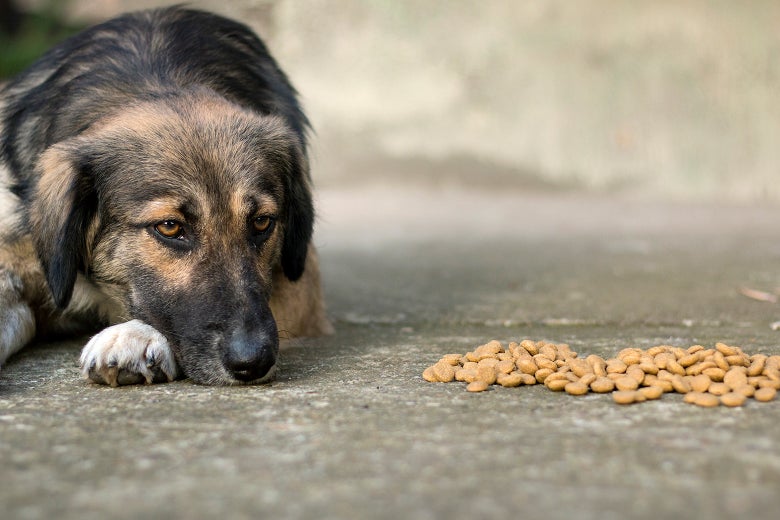Is a Grain Free Diet Good for Cats
Please Stop Buying Your Pets Grain-Free Food
Veterinarians are increasingly concerned about health risks posed by the grain-free pet-food craze.

As we increasingly think of our pets as family instead of property, we are spending more than ever on products for them—particularly ones we think might improve the quality (and duration) of their lives. We now have memory-foam dog beds and plastic nail caps for cats as an alternative to declawing. These shifting consumer demands have also led to some of the most significant changes in the pet-food industry in the past hundred years as previously unheard-of diets have come to dominate the space. Dog and cat foods that are vegan, vegetarian, organic, raw, ketogenic, all-natural, and (perhaps most significantly) grain-free are now exploding in popularity. The money consumers spend on them has similarly ballooned, from $16 billion in 2007 to more than $29 billion in 2017. Grain-free dog food alone, according to the New York Times, accounted for just 15 percent of pet food sold in specialty stores in 2011, but by 2017, that figure had climbed to 44 percent.
The prevalence of grain-free pet foods has been something of a head-scratcher for veterinarians, who largely see the movement as a solution in search of a problem. A 2016 statement from the Clinical Nutrition Center at Tufts University read, "There is no reliable evidence that suggests that it is harmful to feed grains as a group to dogs or cats," advice that seems to have largely fallen on deaf ears. Through either an ill-defined sense of what constitutes "healthy," or the false but prevalent belief that grain-free diets can correct for pets' allergy-related health issues, owners are betting on grain-free diets at an accelerating pace. But food allergies are rare in cats and dogs to begin with. If they do exist, they're generally caused by animal proteins like beef or chicken, rather than grain. In other words, unless you have specifically been told otherwise by your vet, there's no real reason to give your pet grain-free food.
Unfortunately, these foods are not just a waste of money. There is increasing concern among veterinarians that certain grain-free diets pose specific health risks to dogs, especially when they consume such a diet long-term. In July, the FDA released a statement that it was investigating a series of reports that grain-free dog food may be linked to a lethal heart condition called dilated cardiomyopathy (DCM), in which the heart becomes enlarged and ineffective at circulating blood. DCM is a heritable disease, more common in certain breeds like Doberman pinschers. So when DCM began showing up in breeds like golden retrievers that do not have a known genetic predisposition for the disease, veterinarians took notice and found a troubling prevalence of grain-free diets among these cases. While no cause-and-effect relationship has yet been established (a multifactorial relationship is likely at play), the findings are still concerning enough that they have changed the conversations veterinarians are having with clients.
"I have cried too many tears with very devoted owners who wanted to do the best for their dogs by feeding a very expensive boutique grain-free diet to not take this problem seriously," said Teresa DeFrancesco, a veterinarian at North Carolina State University, where the DCM–grain-free link was first proposed. She now suggests pet owners not feed grain-free diets at all if possible, at least until the link between heart disease and these pet foods is more fully fleshed out.
A paper on the issue, released last month in the Journal of the American Veterinary Medical Association, offers similar caution: "Pet food marketing has outpaced the science, and owners are not always making healthy, science-based decisions even though they want to do the best for their pets."
I understand why pet owners would buy into the marketing on grain-free dog foods—gluten-free marketing has proven remarkably successful in the human realm, perhaps leading to a health halo around similar products. But well-meaning pet owners should talk to a veterinarian before feeding unproven diets to their pets. The attractiveness of these products is more likely the result of good marketing, not sound science.
Is a Grain Free Diet Good for Cats
Source: https://slate.com/technology/2019/01/stop-buying-grain-free-food-for-your-pets.html